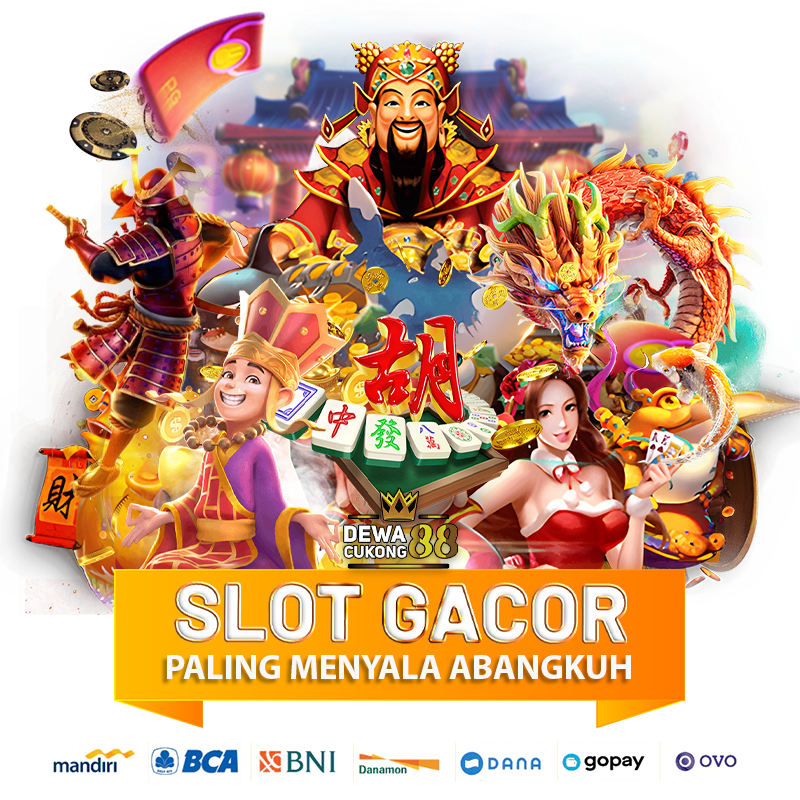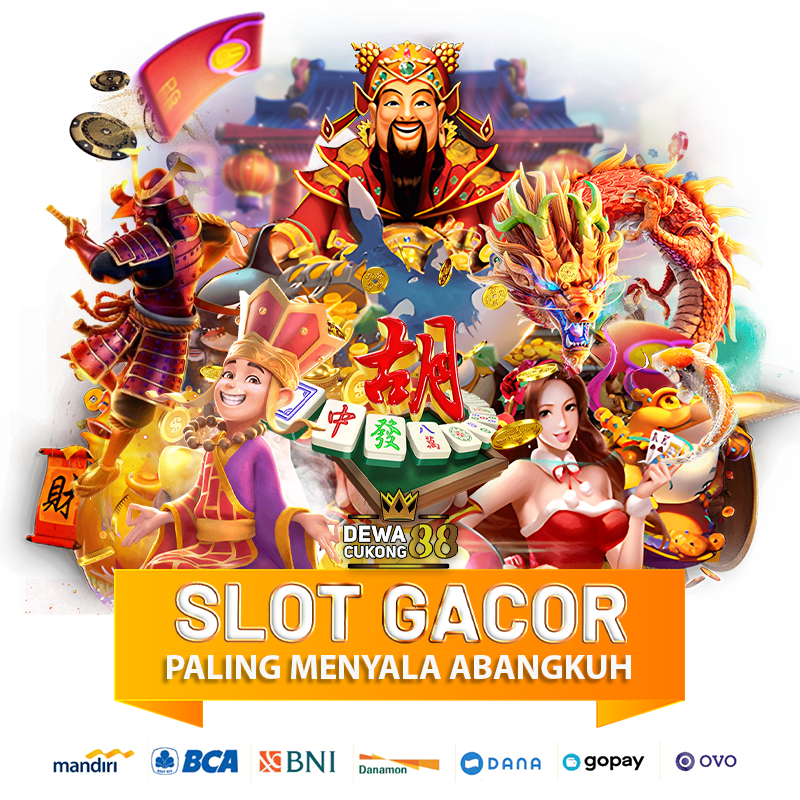JITUSLOT88: Situs Judi Slot Online Gacor, Slot88 Gacor Asia
JITUSLOT88: Situs Judi Slot Online Gacor, Slot88 Gacor Asia
Couldn't load pickup availability
Jitu Slot88 merupakan situs judi slot 88 asia gacor terbaik hari ini. Hal itu disebabkan oleh slot88 jitu zeus selalu menyediakan hiburan menarik untuk para judi slot mania di asia slot 88 dan di seluruh mega slot 88 dunia. Disaat kalian memainkan slot88 gacor akan merasakan sensasi menyenangkan dan menguntungkan, terdapat juga slot zeus jackpot dan slot hoki jackpot. Kami akan memberikan anda para judi slot mania sebuah rekomendasi terbaik dari situs jituslot 88 zeus asia adalah slot88 zeus dengan jackpot besar yang mudah di dapatkan. situs jituslot88 gacor juga selalu memberikan game slot zeus online dengan tampilan yang memanjakan mata serta selalu update setiap tahunnya. Selain dari itu kami telah menyediakan pelayanan live chat 24 jam dengan tenaga profesional yang akan melayani anda para judi slot mania. Maka segeralah daftar dan join dengan kami situs jitu slot 88 terbaik saat ini di Asia dan dunia.
Share



